Yuan Yuan (苑 苑)I am currently a postdoctoral researcher at Courant Institute of Mathematical Sciences, New York University, working with Prof. Laure Zanna and Prof. Carlos Fernandez-Granda, and Prof. Joan Bruna, and as a member of Multiscale Machine Learning In Coupled Earth System Modeling (M²LInES). Previously, I completed my PhD at FIBLAB, Department of Electronic Engineering, Tsinghua University, advised by Prof. Depeng Jin and Prof. Yong Li. I received my bachelor degree from the Department of Electronic Engineering, Tsinghua University in 2020. My research centers on developing scalable artificial intelligence methodologies for real-world spatiotemporal systems, with applications in climate dynamics, urban systems, and energy infrastructures. I aim to build robust foundation models that capture complex interdependencies across spatial and temporal scales, enabling intelligent reasoning and decision-making in dynamic and uncertain environments. |
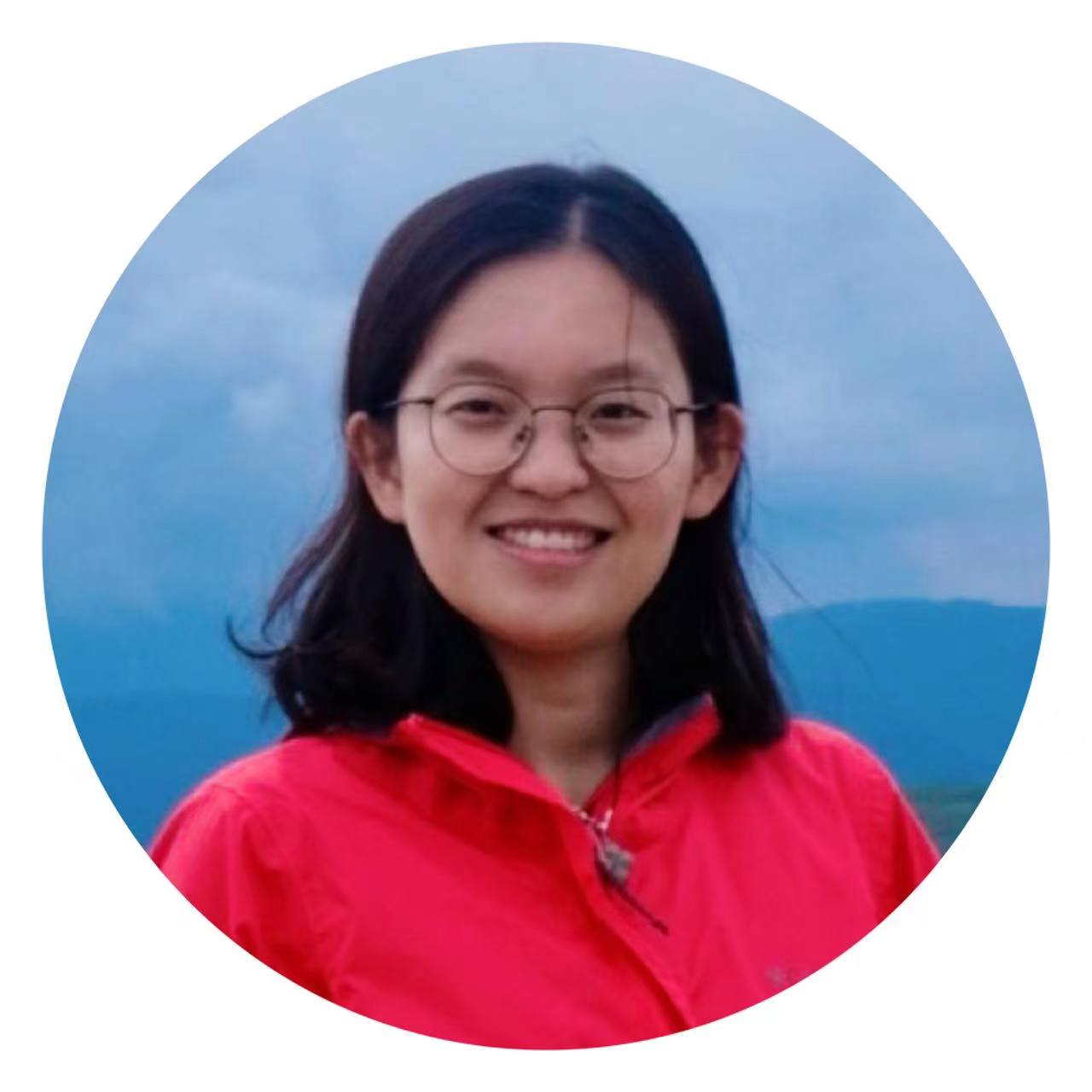
1126 Warren Weaver Hall,
New York, NY 10012
|
Research Interests
|
News
|
Selected PublicationsGoogle scholar for full list. |
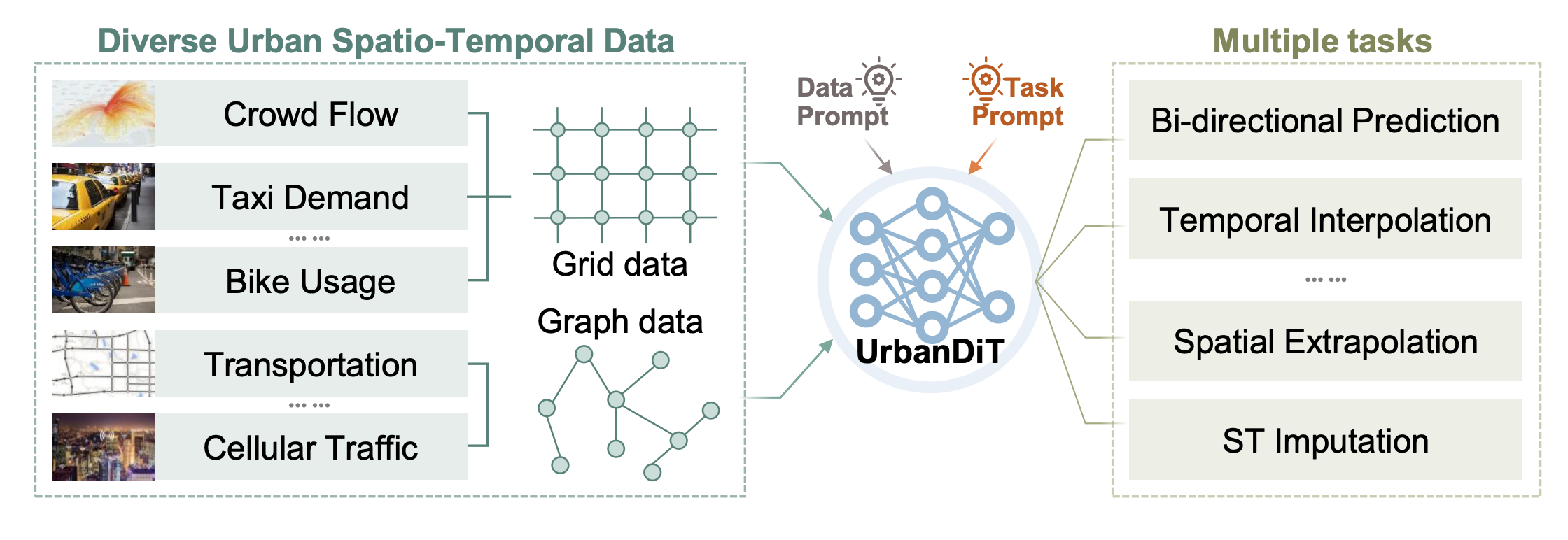
|
Diffusion Transformers as Open-World Spatiotemporal Foundation ModelsYuan Yuan, Chonghua Han, Jingtao Ding, Guozhen Zhang, Depeng Jin, Yong Li NeurIPS, 2025 paper / pdf / code / We build a foundation model for open-world spatiotemporal learning that successfully scales up diffusion transformers. |
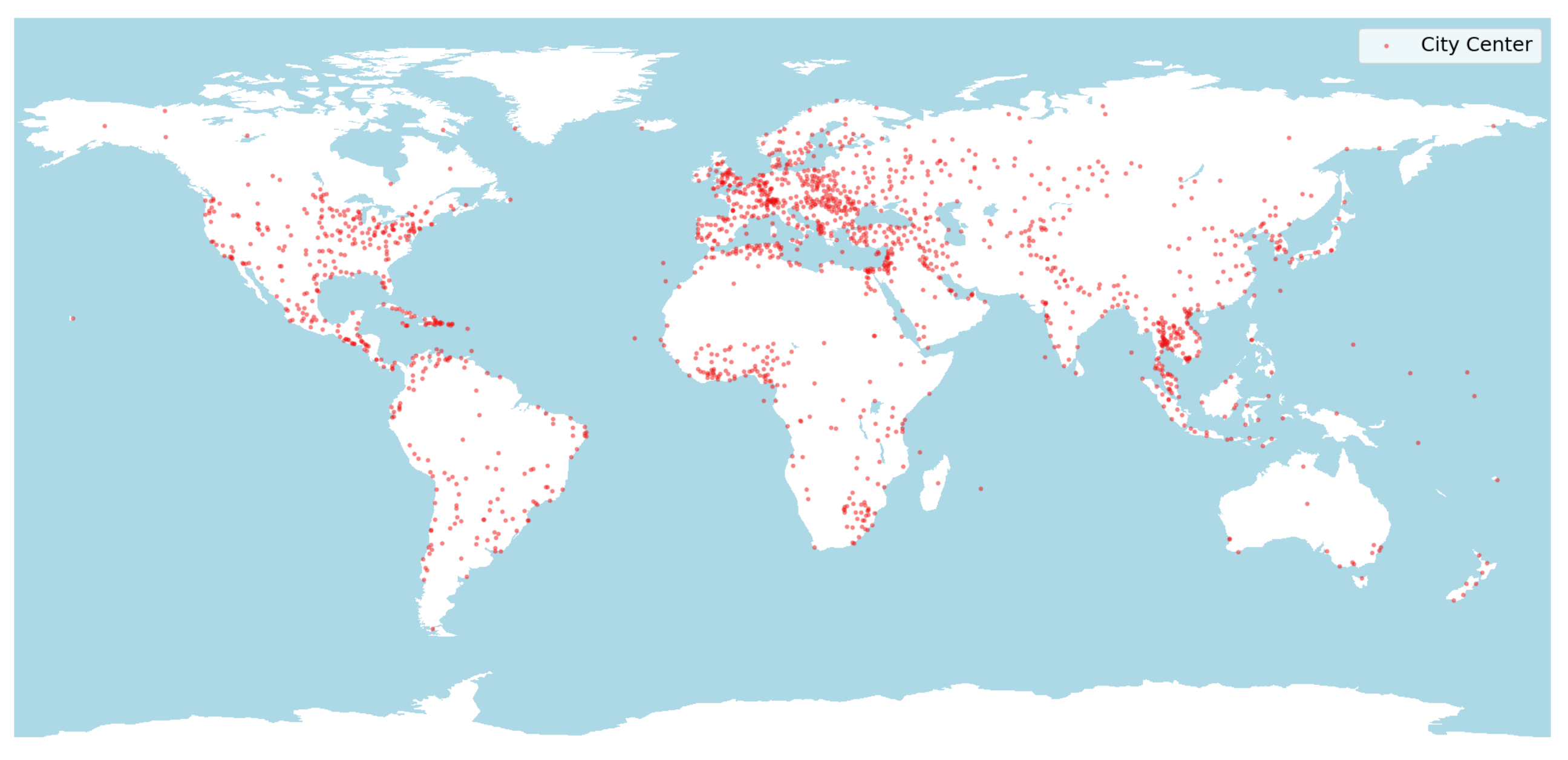
|
WorldMove, a global open data for human mobilityYuan Yuan*, Yuheng Zhang*, Jingtao Ding, Yong Li, *Equal contribution Scientific Data, 2025 paper / pdf / code / website / WorldMove is an open access worldwide human mobility dataset. It accurately reflects real-world mobility patterns and ensures authenticity and reliability for urban mobility research. |
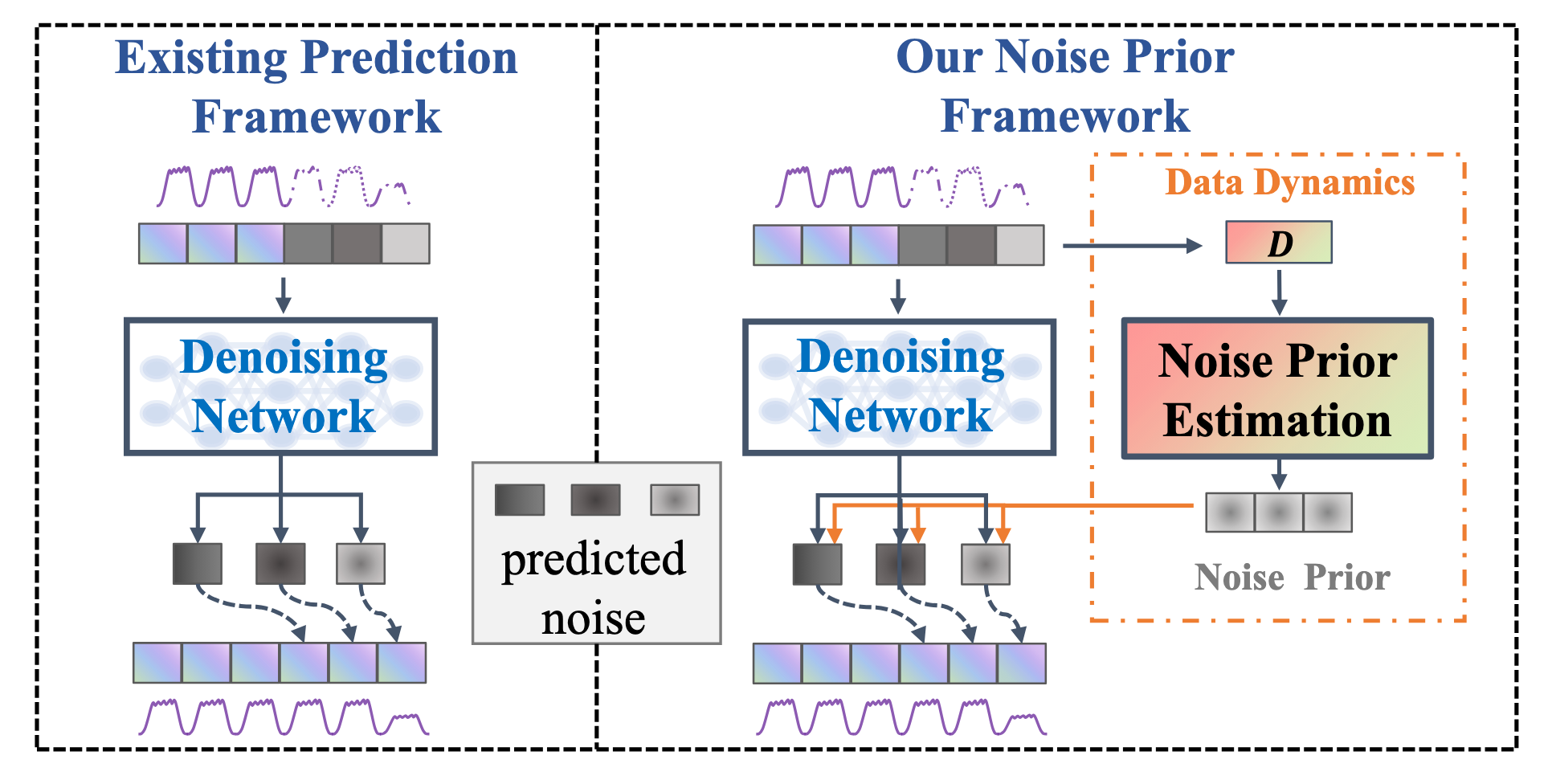
|
Unveiling the Power of Noise Priors: Enhancing Diffusion Models for Mobile Traffic PredictionZhi Sheng*, Yuan Yuan*, Jingtao Ding, Qi Yan, Xi Zheng, Yue Sun, Yong Li, *Equal contribution IJCAI, 2025 paper / pdf / code / NPDiff introduces novel noise priors for advancing mobile traffci prediction. |
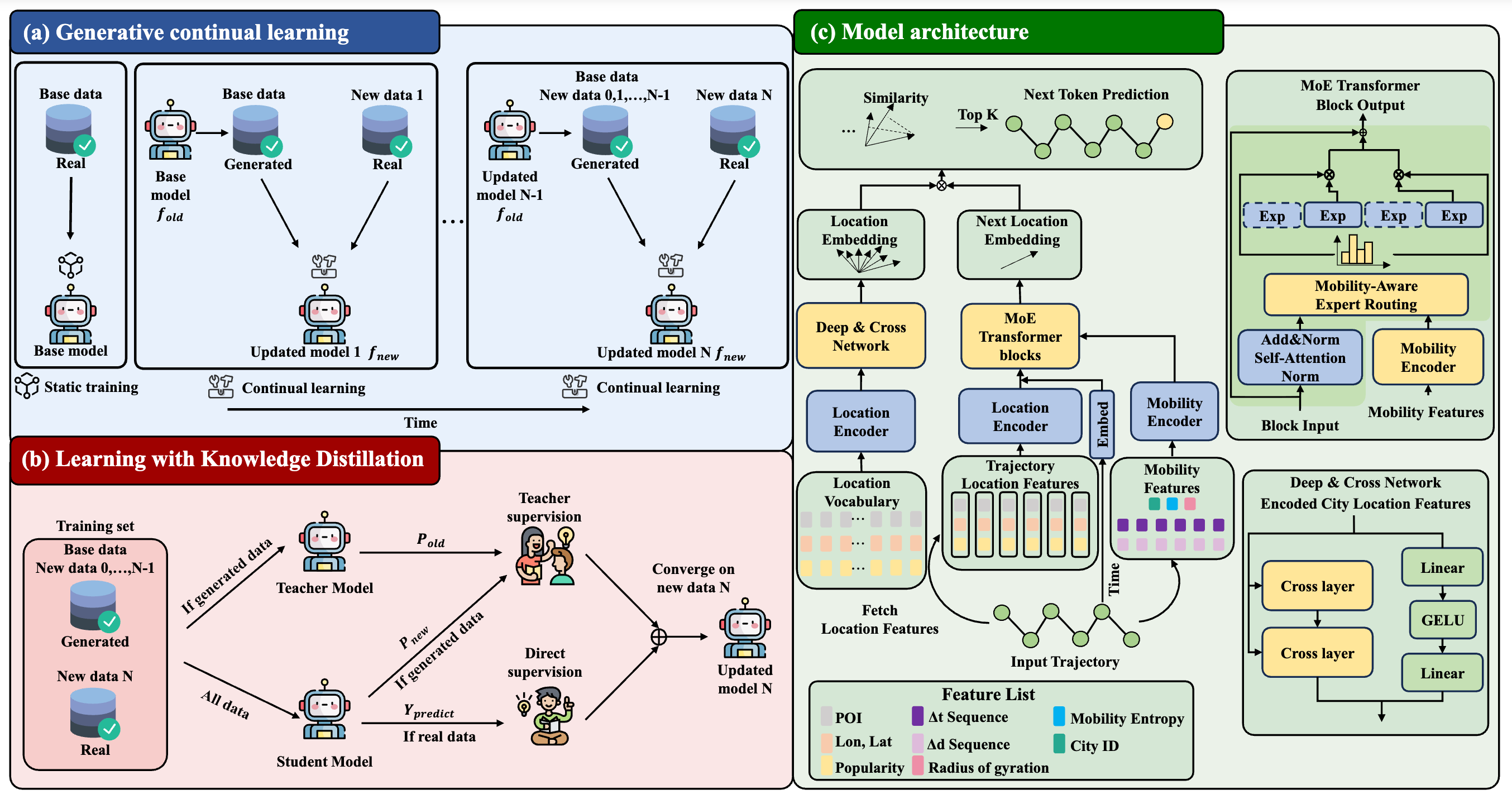
|
Breaking Data Silos: Towards Open and Scalable Mobility Foundation Models via Generative Continual LearningYuan Yuan*, Yukun Liu*, Chonghua Han, Jingtao Ding, Jie Feng, Yong Li, *Equal contribution SIGSPATIAL, 2025 paper / pdf / code / MoveGCL is a scalable, privacy-preserving framework that enables training mobility foundation models without sharing raw data, which enables decentralized and progressive model evolution. |
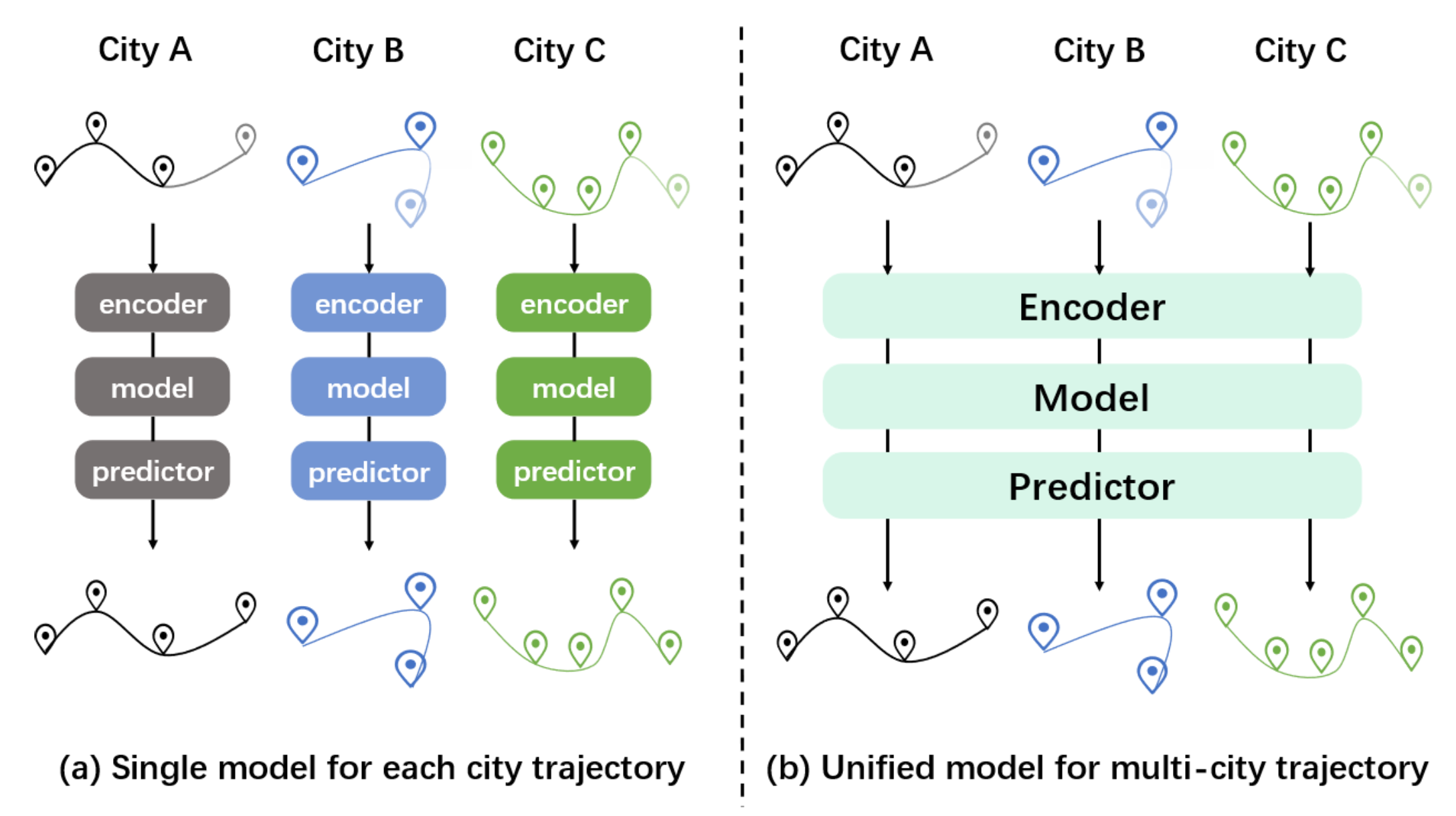
|
UniMove: A Unified Model for Multi-city Human Mobility PredictionChonghua Han*, Yuan Yuan*, Yukun Liu, Jingtao Ding, Jie Feng, Yong Li, *Equal contribution SIGSPATIAL, 2025 paper / pdf / code / UniMove is a foundational-style mobility model that learns universal spatial representations and city-adaptive movement patterns. |
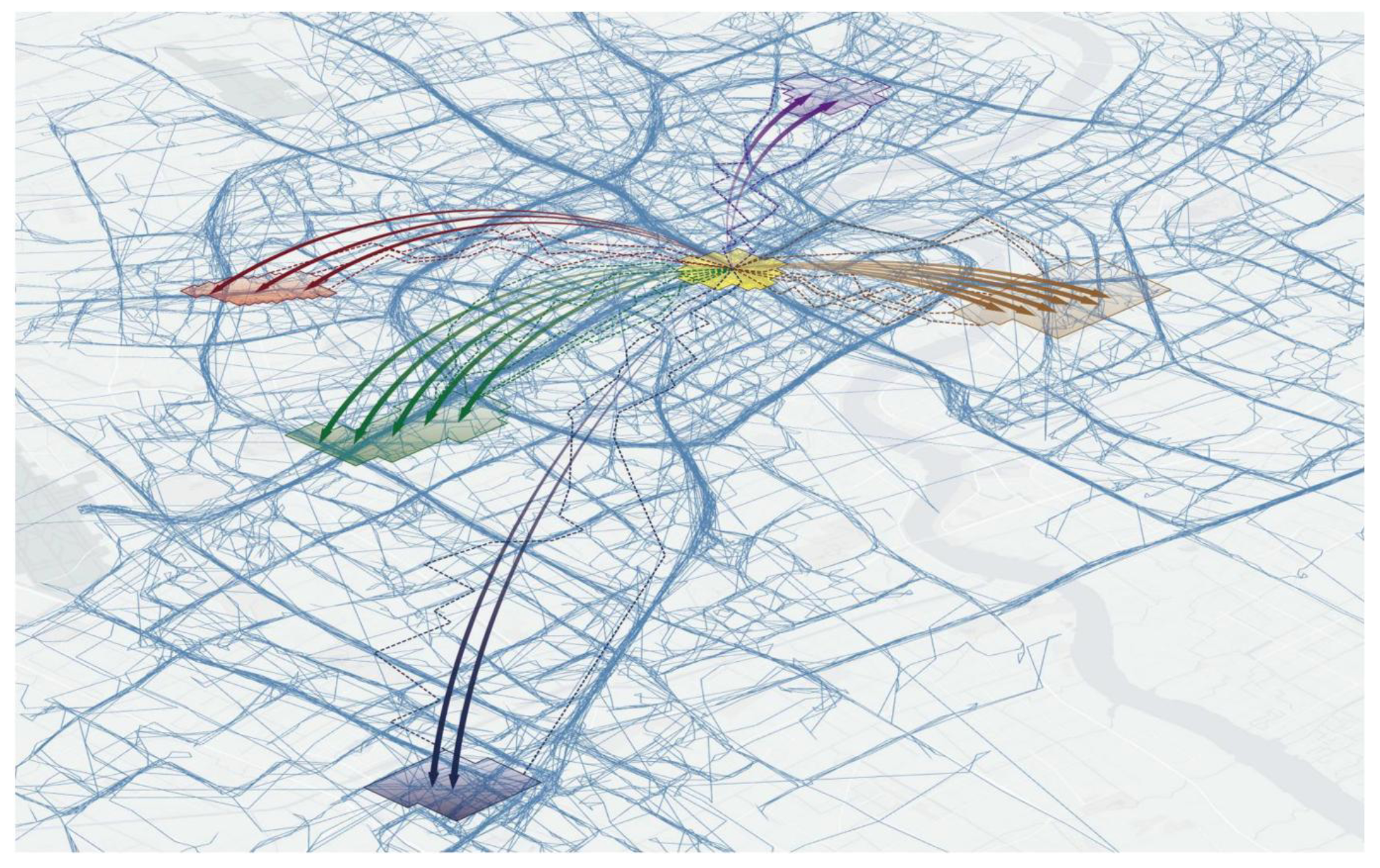
|
Learning the complexity of urban mobility with deep generative networkYuan Yuan, Jingtao Ding, Depeng Jin, Yong Li PNAS Nexus, 2025 paper / pdf / code / DeepMobility integrates micro- and macro-scale mobility dynamics within a single generative architecture, enabling realistic synthetic trajectories and flows. |

|
UniST: A Prompt-Empowered Universal Model for Urban Spatio-Temporal PredictionYuan Yuan, Jingtao Ding, Jie Feng, Depeng Jin, Yong Li KDD, 2024 paper / pdf / code / slides / We build a universal model for general spatio-temporal prediction and show the benefits of a one-for-all solution in urban contexts. |
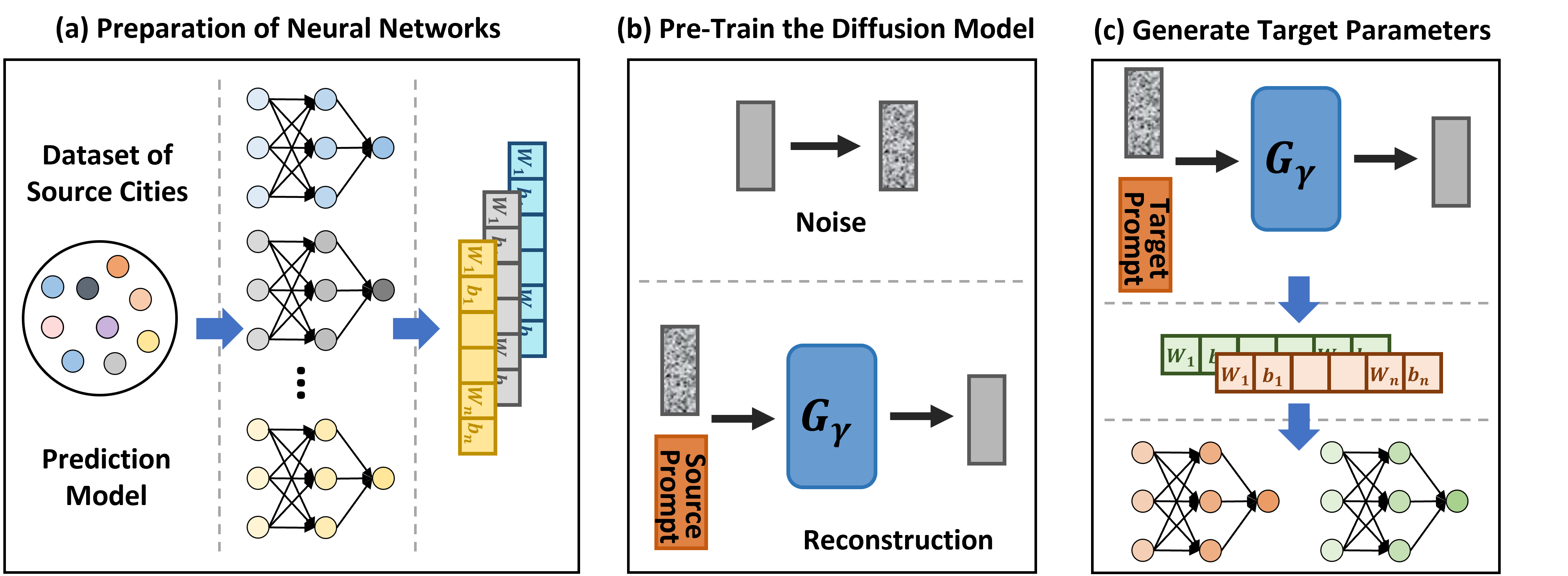
|
Spatio-Temporal Few-Shot Learning via Diffusive Neural Network GenerationYuan Yuan*, Chenyang Shao*, Jingtao Ding, Depeng Jin, Yong Li ICLR, 2024 paper / pdf / code / This diffusion-based framework performs generative pre-training on a collection of model parameters. By generating customized model parameters, we manage to address spatio-temporal few-shot learning. |

|
Spatio-temporal Diffusion Point ProcessesYuan Yuan, Jingtao Ding, Chenyang Shao, Depeng Jin, Yong Li KDD, 2023 paper / pdf / code / We develop a diffusion model to learn spatio-temporal point processes. |
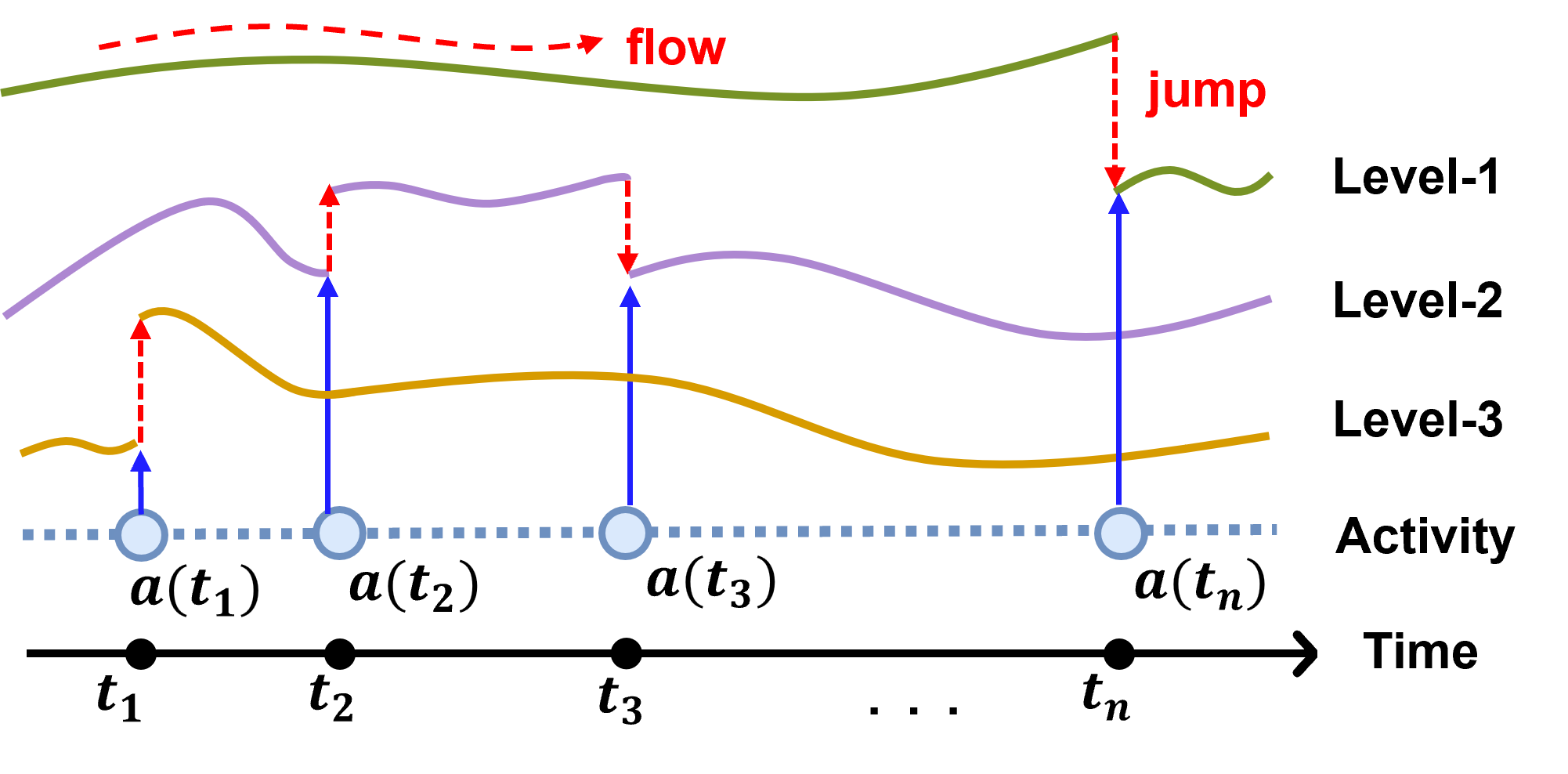
|
Learning to Simulate Daily Activities via Modeling Dynamic Human NeedsYuan Yuan, Huandong Wang, Jingtao Ding, Depeng Jin, Yong Li The Web Conference, 2023 paper / pdf / code / We introduce the modeling of dynamic human needs into activity simulation. |
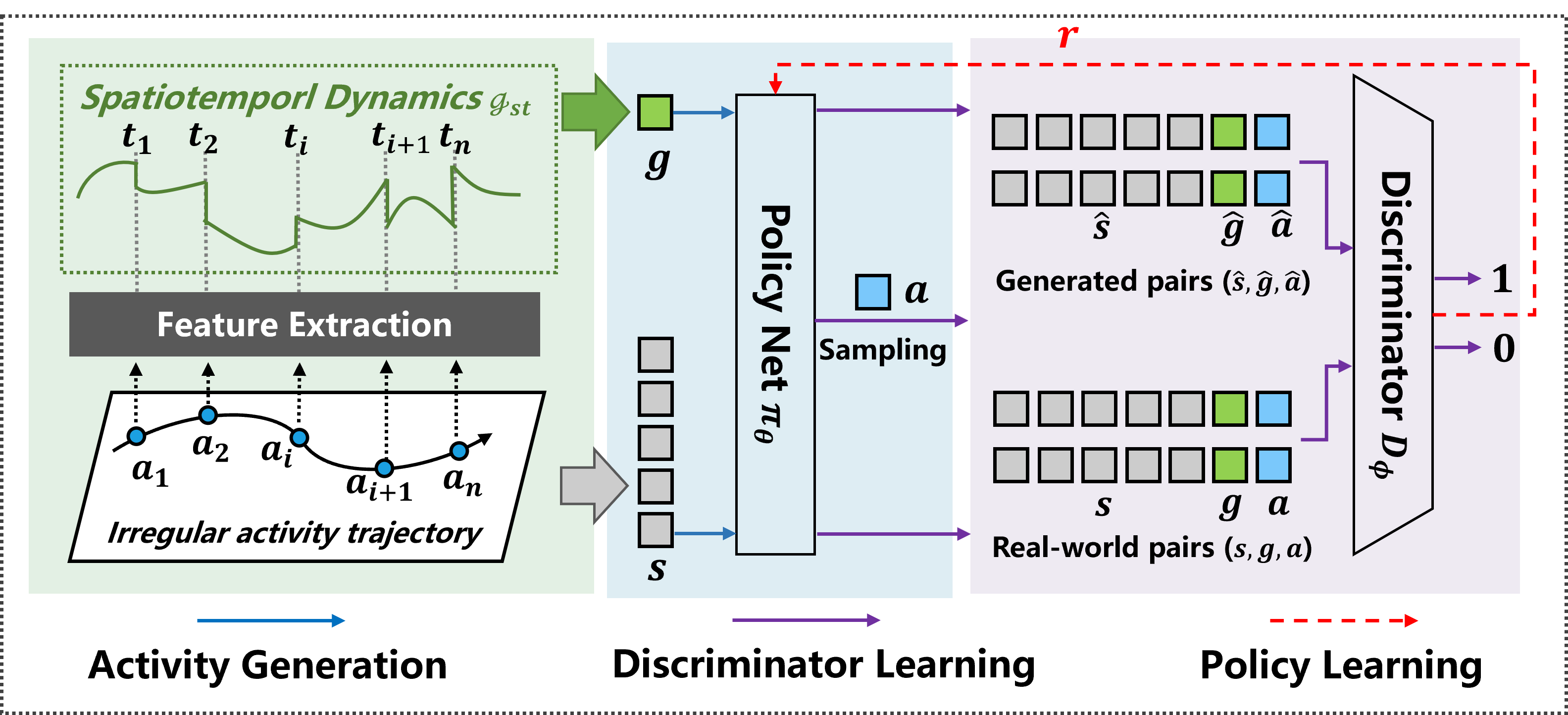
|
Activity Trajectory Generation via Modeling Spatiotemporal DynamicsYuan Yuan, Jingtao Ding, Huandong Wang, Depeng Jin, Yong Li KDD, 2022 paper / pdf / code / ActSTD captures spatiotemporal dynamics underlying activity trajectories by leveraging neural differential equations. |
|
Design and source code from Jon Barron's website |